History of Work in legal English


Legal English Innovation

Nothing is work unless you’d rather be doing something else.
— George Halas
UK
American football
US
Football

Start Here Let's break this into 4 parts.
Seminar
1
History of Work
What is a pun?
US vs UK English
General Employment Vocabulary
Seminar
2
Acting for an Employee
Know Your Rights
Are you joking?
Telecommuting
Seminar
3
Acting for an Employer
ILO
How to Document Behavior
How to Avoid Getting Sued
Seminar
4
The Future of Work
Diversity
Work Jokes
Labor Contracts 101

Let’s Get Started!


History of Work Comparative Note Taking Skills
Below we will take a look at two different histories of work the first will be in a storyboard version and the second will be in the form of a video and attention to the phrasal verbs and any special vocabulary. One strategy when you have a comparative note taking is to use a two column paper and divide between left and right and A or B, or in this case, Storyboard or Video.
Storyboard
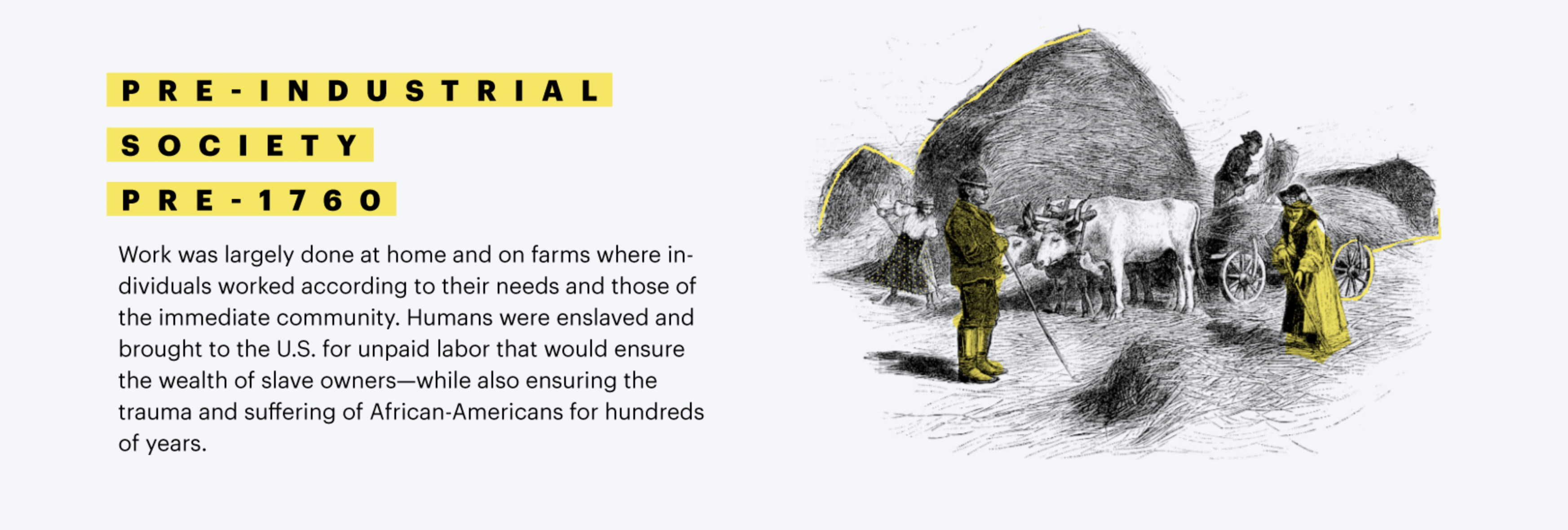
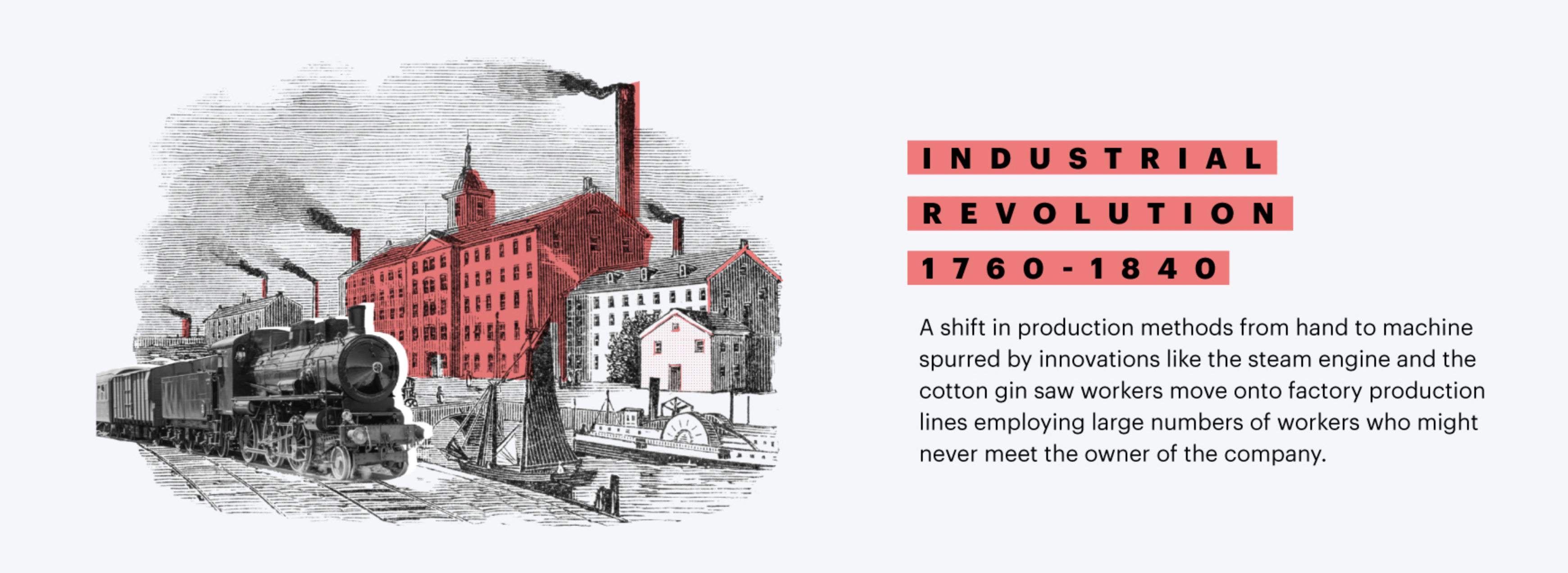

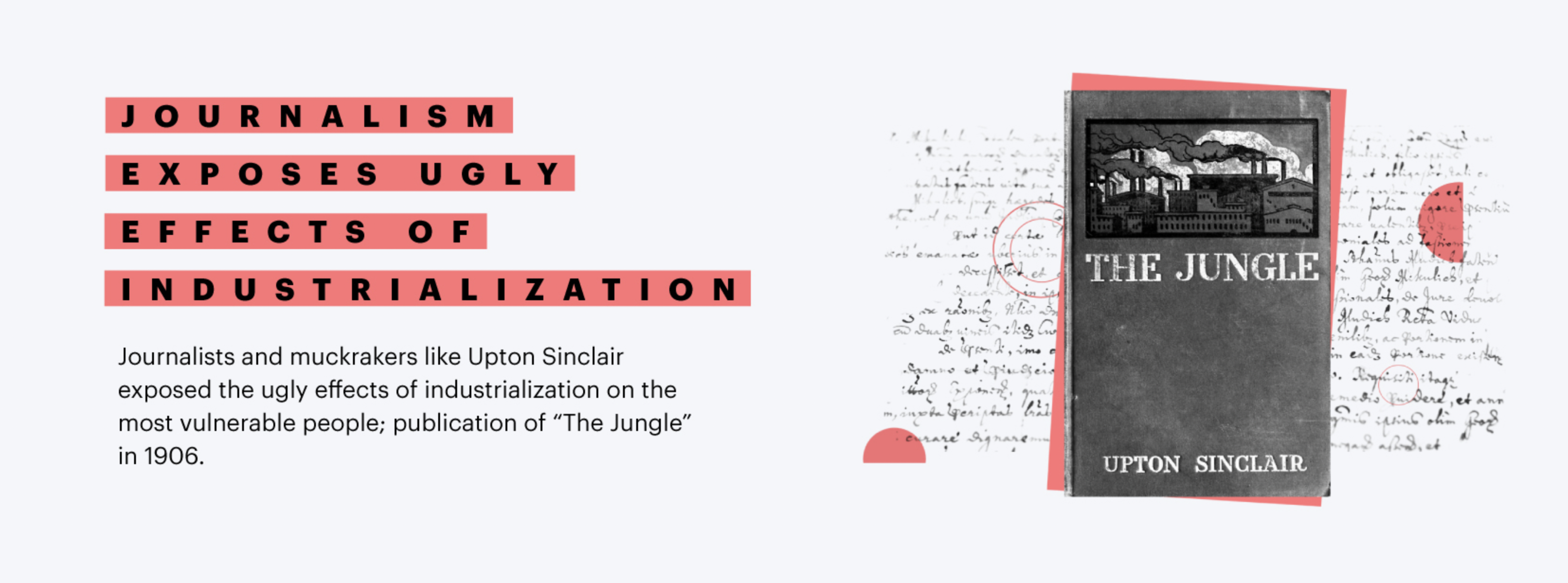
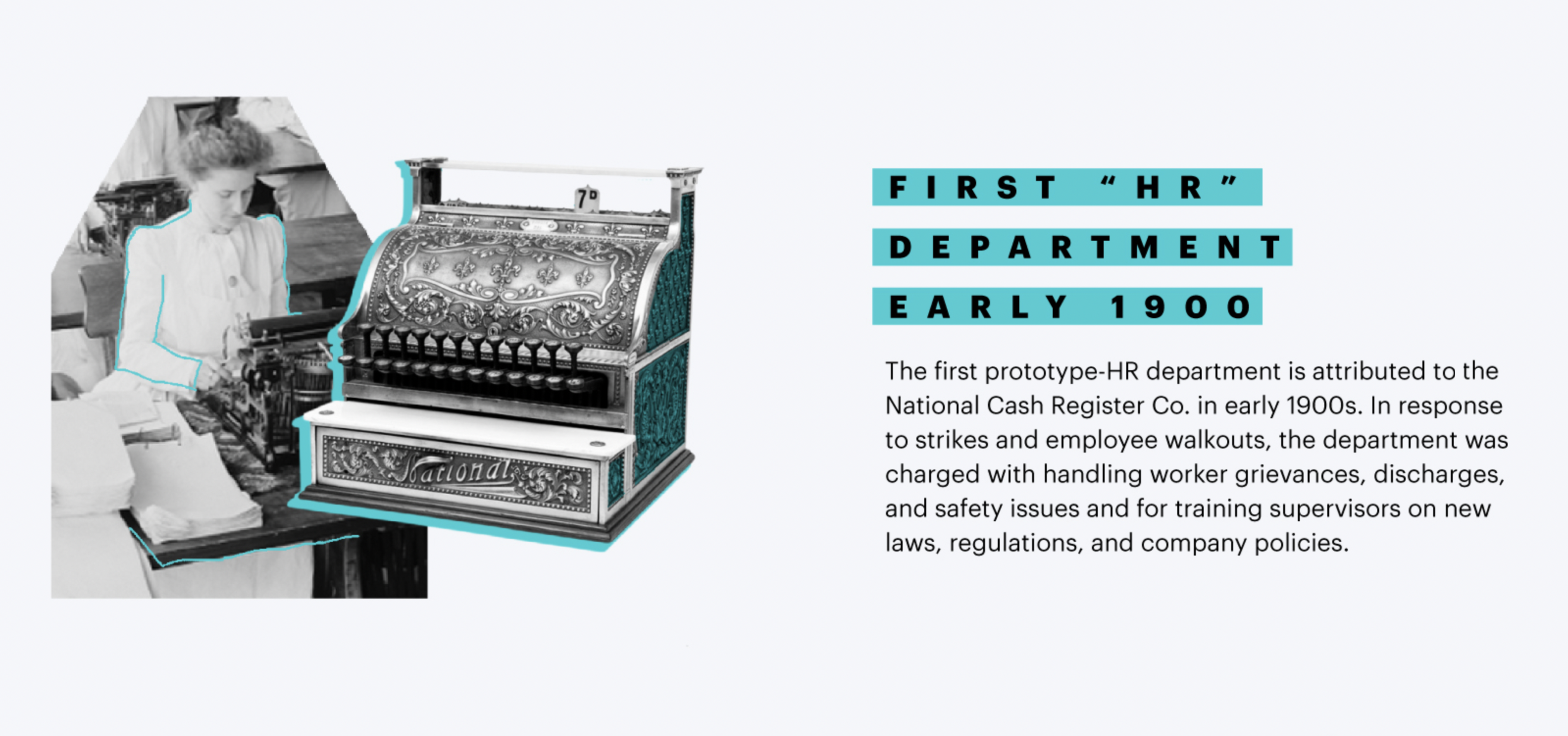


Video Animated by MIT
MIT’s Animated History of Work
Are phrasal verbs formal? Are they professional? How many can you find in 2 minutes?
Key Phrasal Verbs
to boil down
to chip in
to pitch in
to band together
to get ahead
to tap into
to rely on
to keep on


What is a Pun? Puns v. Jokes
The word pun and the word joke both exist; they are both nouns; they are both verbs. They have different meanings in the different parts of speech and we will take a further look down below. A tip to help improve your English is to learn all of the vocabulary in the jokes and puns, since the words have double meanings, therefore you can expand your communication skills.
Verbs:
The difference between pun and joke is that pun is to beat; strike with force; ram; or pun can be to make or tell a pun; make a play on words, while joke is to do or say something for amusement rather than seriously.
Nouns:
the difference between pun and joke is that pun is a joke or type of wordplay in which similar senses or sounds of two words or phrases, or different senses of the same word, are deliberately confused while joke is just an amusing story.
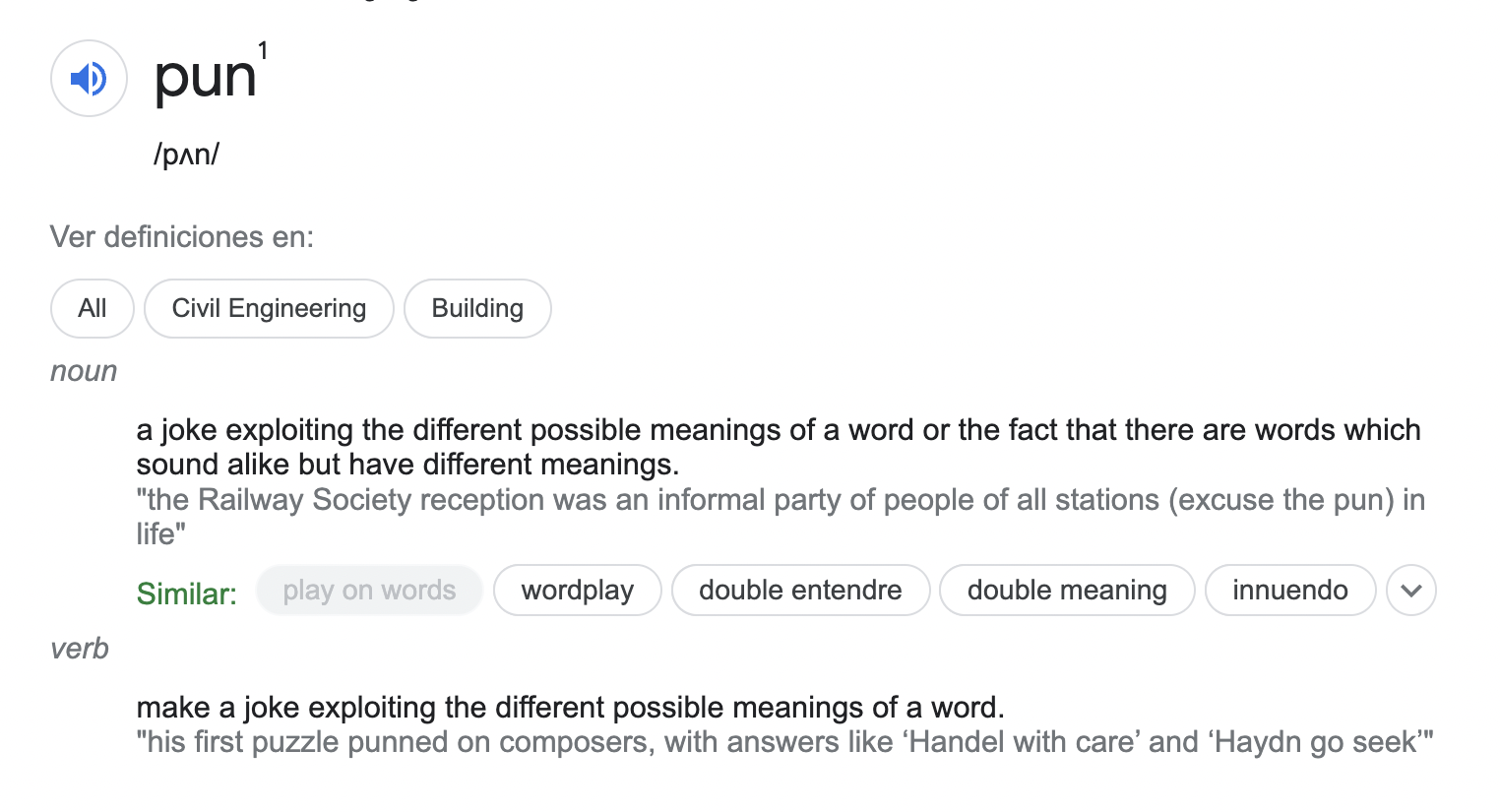

Let's have some pun! (Get it?)
My memory has gotten so bad it has actually caused me to lose my job. I’m still employed. I just can’t remember where.
Some people say the glass is half full. Some people say the glass is half empty. Lawyers say the glass is twice as big as necessary.
It’s funny that even the headhunter couldn’t find a job for my musician friend. Maybe it’s because he isn’t note-worthy.

Key Takeaways
- A pun doesn’t have to be funny.
- Jokes should be amusing.
- Use jokes and puns to expand your vocabulary.

UK vs. US Which is better?
There are many differences between the UK and the US English first is the pronunciation, second is the spelling and the third is the vocabulary. Today we will explore vocabulary and in the following seminars, spelling and pronunciation.

UK
US

a flat
an apartment
a company
a corporation
1 : a body formed and authorized by law to act as a single person although constituted by one or more persons and legally endowed with various rights and duties including the capacity of succession
a lorry
a truck
1 : an automotive truck used especially for transporting freight
to sack
to fire
1 : INFORMAL : to remove from position or service. FORMAL : to dismiss
to make redundant
to lay off
1 : discharge a worker temporarily or permanently because of a shortage of work
to go on holiday
to go on vacation
1 : to take time away from work or school for leisure and travel
the post
the mail
1 : public system designed to deliver letters and packages

Key Takeaways
- Both terms are correct.
- Consistency is the most important part.
- Every Brit secretly wishes to be American. 😉

About the Author Eric Froiland
Eric is a legal English teacher from the United States and has been based out of Bogota, Colombia for the last 10 years. He is the owner and founder of Legal English Innovation SAS, which is recognized as the top legal English academy in Colombia and is an official Test of Legal English Skills (TOLES) examination center.


